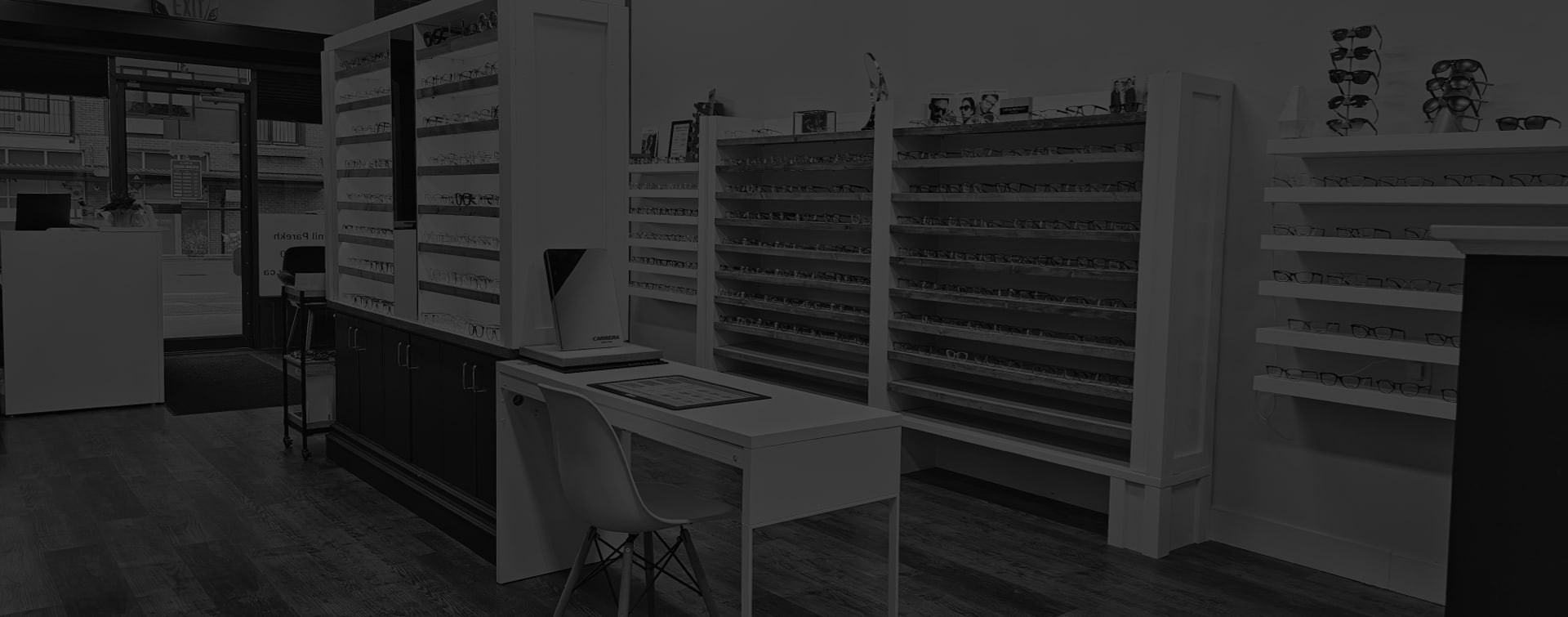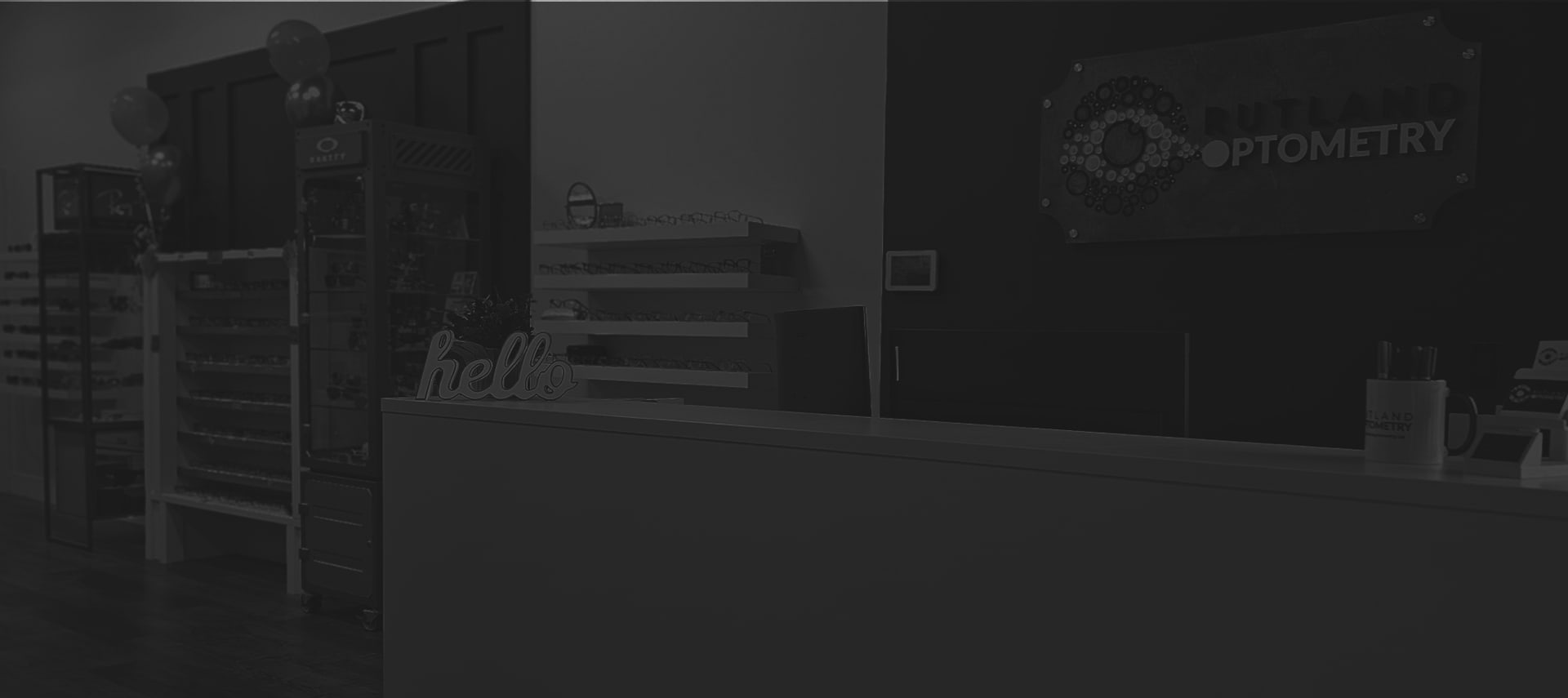Macular degeneration is one of the most common causes of vision loss, particularly as we age. While it can be an intimidating diagnosis, understanding the early warning signs and seeking timely intervention can make a difference in preserving your vision and quality of life. Some early warning signs of macular degeneration to watch for include:
- Blurriness or reduced sharpness
- Difficulty recognizing Faces
- Distorted vision
- Dark or blank spots
- Reduced colour perception
When you notice some of these symptoms, there may already be irreversible vision loss. So, getting comprehensive eye exams as your eye doctor recommends is essential. They can use diagnostic tools to notice changes in the macula before they start causing symptoms.
What Is Macular Degeneration?
Macular degeneration is typically called age-related macular degeneration (AMD) because its major risk factor is age. It primarily affects the macula, a small area at the center of the retina that allows us to see fine details. When the macula deteriorates, it affects central vision, making certain activities increasingly difficult.
Types of Macular Degeneration
There are 2 forms of AMD: dry AMD and wet AMD.
Dry AMD
Dry AMD is the more common type and accounts for up to 90% of all cases. It occurs when the macula becomes thinner with age, causing tiny clumps of protein called drusen to form. This gradual deterioration can reduce or blur central vision over time.
Wet AMD
Though less common, wet AMD is more severe and can lead to faster vision loss. It develops when abnormal blood vessels grow beneath the retina, leaking fluid or blood that damages the macula. Emergency eye care is often essential for managing wet AMD effectively and preventing vision loss.
Early Warning Signs of Macular Degeneration
Catching macular degeneration early is crucial for preserving your vision. Common signs to watch for include:
- Blurriness or reduced sharpness: You may notice a gradual loss of clarity in your central vision
- Difficulty recognizing faces: Faces may appear blurry or indistinct, even when viewed up close
- Distorted vision: Straight lines may appear wavy or crooked, an early sign often associated with wet AMD
- Dark or blank spots: You might notice areas in your central vision that seem faded, shadowed, or completely blank
- Reduced colour perception: Colours can appear less vibrant or more muted than usual

Risk Factors for Macular Degeneration
Understanding the risk factors for macular degeneration can help you take steps toward prevention or early detection. Key risk factors include:
- Age: While AMD can occur at any age, it is most common in adults over 50
- Family history: If close relatives have been diagnosed with AMD, your risk is higher
- Smoking: Tobacco use increases the likelihood of both types of AMD
- Exposure to UV light: Prolonged exposure to the sun without adequate eye protection can accelerate retinal damage
- Diet: A diet lacking antioxidants, vitamins, and minerals can impact macular health
- Chronic conditions: Conditions like hypertension, cardiovascular disease, and obesity may heighten the risk
The Importance of Early Detection
Early detection of macular degeneration can mean the difference between preserving your vision and experiencing significant vision loss. Regular eye exams can catch the condition early, allow your eye doctor to monitor its progression, and recommend appropriate treatment.
How Regular Eye Exams Help
Routine eye exams are the first line of defence against macular degeneration. During the exam, your eye care professional can conduct thorough testing that reveals subtle changes in your vision or retina. You can take action before symptoms worsen by identifying potential warning signs early.
Managing & Treating Macular Degeneration
While there is no cure for macular degeneration, advances in medical treatments and lifestyle adjustments can help slow its progression, preserve vision, and improve quality of life.
Medical Treatments
There are various medical treatments available for AMD:
- Anti-VEGF therapy: Anti-VEGF injections can help control abnormal blood vessel growth and prevent further macular damage from wet AMD
- Laser therapy: Laser treatments to reduce or seal leaking blood vessels in certain cases of wet AMD may benefit patients
Lifestyle Adjustments
You can incorporate several lifestyle adjustments to help lower your risk for and manage AMD:
- Healthy eating: Incorporate foods rich in antioxidants, omega-3 fatty acids, and lutein (such as leafy greens, fish, and nuts) into your diet to support eye health.
- Stay active: Regular exercise can promote better circulation, which benefits your retina and overall eye health.
- Protect your eyes: Wear UV-blocking sunglasses outdoors to reduce sun damage to your eyes.
- Stop smoking: If you smoke, quitting can lower your risk and help protect your vision.
MacuMira
MacuMira therapy offers an effective treatment for dry AMD. It’s designed to improve vision and quality of life without the need for injections, systemic drugs, or painful procedures. It’s safe, easy to use, and administered by certified eyecare professionals or ophthalmic technicians.
The therapy uses a patented microcurrent delivery system that works painlessly across closed eyelids. MacuMira is tailored specifically for the delicate structures of the eye and stimulates retinal pigment epithelium cells, enhances mitochondrial ATP formation, and promotes cellular regeneration. This process helps clear drusen and other macular waste by-products, addressing key causes of dry AMD.
Key features of MacuMira therapy include:
- Pain-free application: No needles, no drugs, and no discomfort
- Patented technology: Developed to maximize effectiveness while ensuring safety
- Quick and lasting results: Patients experience noticeable improvements within 10 days after an initial schedule of four 32-minute treatments
- Ease of use: Simple and efficient, the delivery system provides a convenient treatment option
Protect Your Vision Today
Macular degeneration can feel daunting, but you can protect your vision for years with early detection, the right treatments, and proactive lifestyle changes. Remember, regular eye exams are your best defence. If you’ve noticed any changes in your vision or want to take a proactive step in your health, book an appointment with us today. At Rutland Optometry, we’re committed to supporting you every step of the way.
















